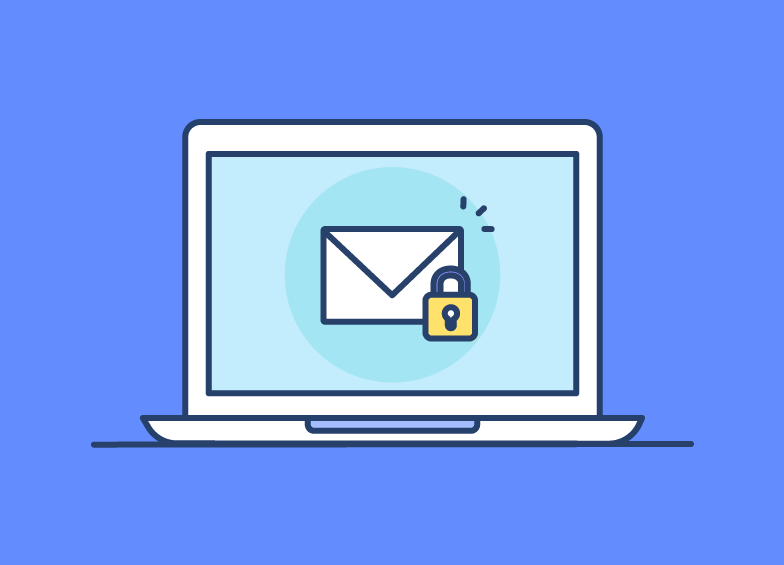How to secure your email campaigns in times of crisis?



Benjamin Billon
Category: Email marketing
No one is unaware of the crisis we are going through today, and it forces us all to adapt our ways of living, working, socialising and communicating. Lhe schools, for example, have for example very quickly asked at teachers and parents who did not havedid not have an email address to create oneone at Laposte.net, this webmail being the only free and public free and public. In a few days, many emails were exchanged on this platform, often with heavys attachments (documents to be printed, filess audio filess for dictations, or videos).
The malicious actors on the Internett obviously take advantage of the increased use of IT tools, in an environment that is generally less secure than the office. Orange estimates that phishing and email scams have increased by 600% compared to pre-crisis levels towards their users. For Gmail, which usually blocks 100 million phishings a day, there are 18 million more contextual phishings.context-related phishings, and 240 million more spamper day.day*.. These emails These emails take a variety of forms, although they generally repeat tried and tested mechanisms ("You missed an important call regarding the crisis", or "You missed an importantcallregarding the crisis", or "You missed an important call regarding the crisis").to the CEO ".Bonjour c'est le patron, merci de faire un virement immédiatement pour l'achat de matériel d'hygiène et de protection"); the contextual novelty being the spam messages offering the possibility to buy this material, which at best will be of poor quality, but most of the time will never be shipped.
In parallel, many brands have found it important to send emails to all their contacts , even those who have been inactive for several years, to announce that a shop was closing or that everything was normal. Restaurants wanted to reassure their customers that they were doing their best to provide a safe and clean environment. Hopefully, this was already the case before!
All of this has contributed to the breakdowns of the operators, whereas it is these same operators that teachers and parents, but also members of the medical profession or the government, rely on to communicate and work together to resolve the crisis.
Peak volumes usually occur in the morning and early afternoon, putting a strain on operators' infrastructures and flooding mailboxes. Carmen Piciorus, anti-abuse manager of the laposte.net messaging service, asks thatmailings be avoided at 10am and 2pm, both to avoid adding to existing or anticipated traffic (particularly during announcements of release from containment), and to avoid emails being rejected due to the lack of availability of the platform.
Make sure you have all the relevant information available and easily accessible on your site.informationavailable and easily accessible on your website, as this is where your customers will will look for the most up-to-date information (not in their emails).
Then define the main reason for sending the message, and adjust the targeting accordingly.

|
On the other hand, if the website is updated, then an email may not be necessary to intervene in the following cases:
|
Targeting the entire base is already unnecessary and dangerous, but in the current context it is also inappropriate. In the past, mailings related to lIn the past, mailings related to the entry in application In the past, mailings related to the implementation of the RGPD may have generated, on the one hand, lassitude and mockery on the part of recipients and, on the other hand, deliverability problems as a result of the numerous hard bounces and complaints. An experience not to be repeatedespecially since dAccording to our data, inactive people of 6 months or more on the email channel channel are no longer buyings following à the sending of an emailwhile the risk of hard bouncescomplaints and spamtraps increase clearly.
*Source: Google Cloud